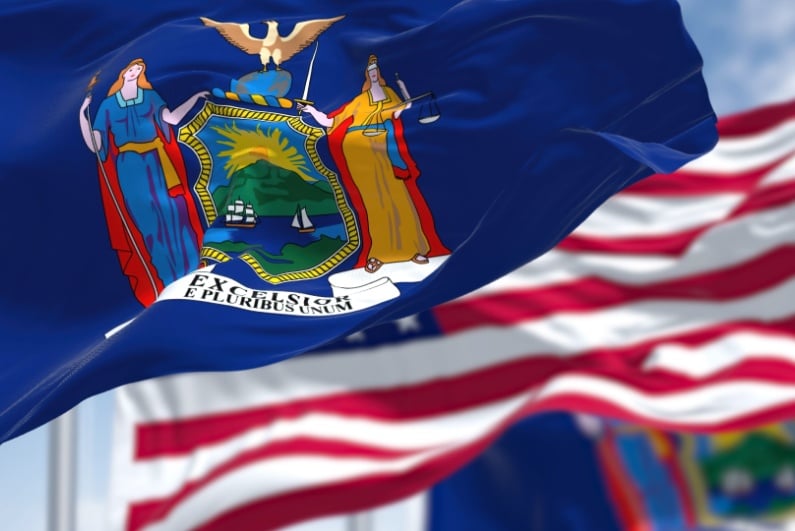The NCAA has announced it will not be pursuing integrity fees following the legalization of sports betting in the United States.
With the legalization of sports betting in the US, major sports organizations in the country are looking at how this might affect them. There are issues around the integrity of these sports, as well as the issue of third parties making money out of their intellectual property. The likes of the NBA and MLB are looking for “integrity fees”, but the NCAA has announced that it will not be pursuing this route.
Integrity fee details
At the beginning of May 2018, the US Supreme Court legalized sports betting in the country. This meant that individual states could decide whether or not sports betting should be legalized in their jurisdiction.
A number of states have already passed bills and started offering these types of wagers, whereas others are taking a more cautious approach. Organizations strongly against sports betting include the NFL, NBA, MLB, NHL, and NCAA.
They were concerned that legalization would lead to the integrity of their sports leagues being compromised as it would become a lot easier to bet on the outcome of games. They were also concerned that parties that accept bets on the games in the respective organizations will be benefitting from the league’s intellectual property.
Therefore, the likes of the NBA and MLB had been calling for the introduction of integrity fees. These would effectively be the league’s slice of the action for sports betting on games in their league. When the sports betting bill was being debated in the state of New York, for example, there was a provision for the leagues to get 0.2% of each wager.
The NCAA stance
The NCAA, which is the representative body for college sports in the U.S., has decided to change its stance on sports betting. The four predominant professional leagues in the country have been looking for these integrity fees, but the NCAA has now announced that it will not be looking for a cut. The main reason the leagues are looking for this fee is to pay for the oversight expenses that will be required for legalized sports betting.
The CFO and senior vice president of the NCAA, Kathleen McNeely, outlined the NCAA’s stance that sports betting should be regulated on a state level. and that while the NCAA will not be pursuing integrity fees, individual schools can do so if they wish.
Essentially, the NCAA is looking to move away from having to monitor the integrity of games under their umbrella and instead place this in the hands of the participating schools. This, of course, would pass the burden of cost onto the individual schools.
McNeely said: “We will not be going after any gambling revenue. We know it will cost money to monitor, but (association president) Mark Emmert has been pretty firm in saying he doesn’t think it’s appropriate for the NCAA to try to access that revenue.”
There are different ways for universities to obtain these integrity fees. There has already been an agreement in West Virginia between the NBA, PGA Tour, MLB, Marshall University and West Virginia University on monitoring in association with the lottery commission in the state.
West Virginia was one of the first states to make sports betting legal. Both the NBA and MBL have been working hard across the country, lobbying lawmakers to try and get their cut, while the NFL and NCAA have been largely quiet in this regard. The NFL appears to be more in favor of sports-betting regulation at a federal level.




